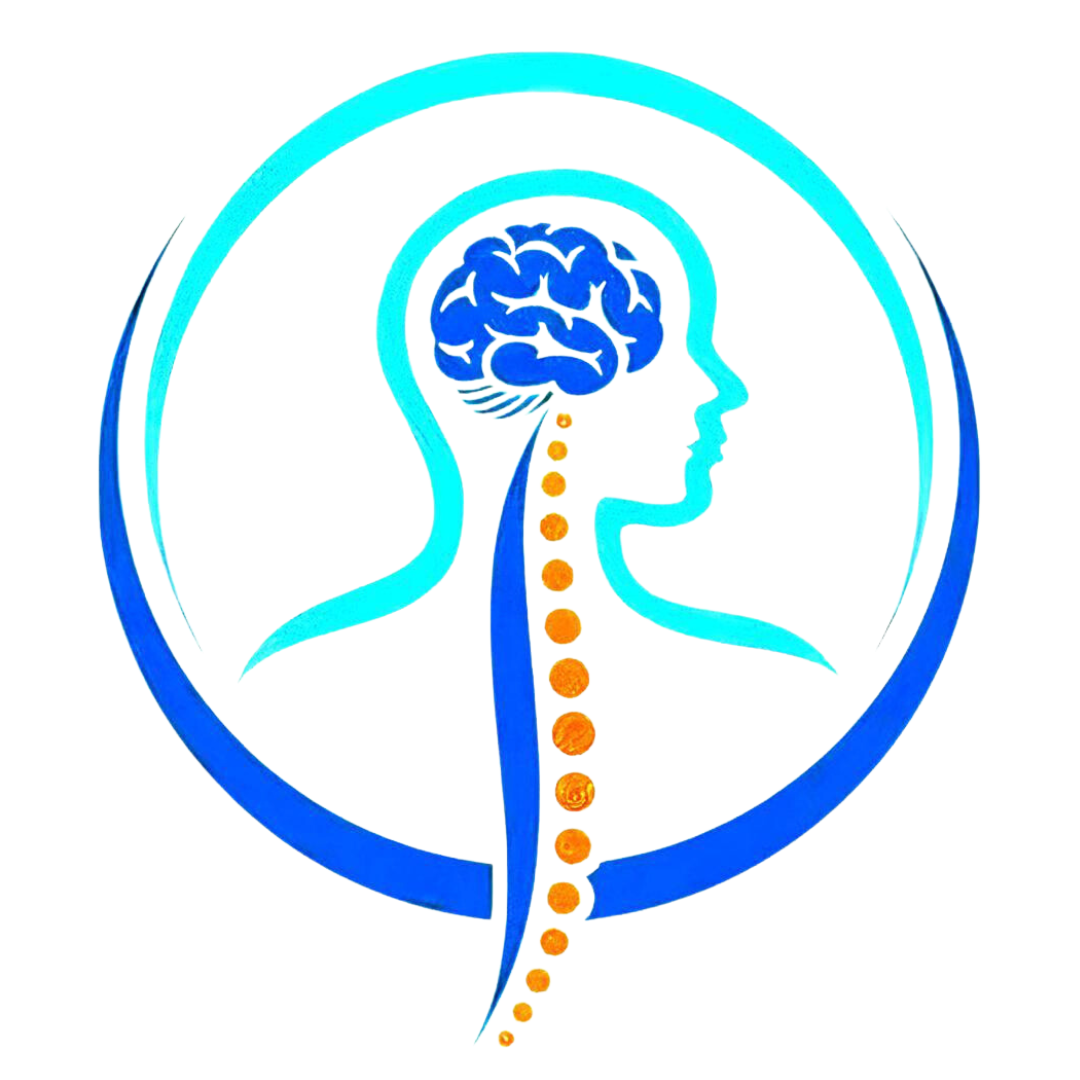
Neuropathy, also known as peripheral neuropathy, is a condition that involves damage or dysfunction of the peripheral nerves. These are the nerves that transmit information between the central nervous system (brain and spinal cord) and the rest of the body, including the limbs, organs, and skin. Neuropathy can cause a wide range of symptoms, depending on the type of nerves affected and the underlying causes. Here's an overview:
Key Characteristics:
- Symptoms: Neuropathy can cause various symptoms, including numbness, tingling, burning sensations, weakness, and pain in the affected areas. Symptoms can be mild or severe and may progress gradually or appear suddenly.
- Distribution: Neuropathy often affects the extremities, such as the feet and hands, in a "stocking-and-glove" pattern. However, it can also affect other areas of the body or specific nerves.
- Motor and Sensory Issues: Depending on the type of nerves affected, individuals might experience both motor (muscle movement) and sensory (touch, temperature, pain) issues.
Types of Neuropathy:
- Diabetic Neuropathy: Common among individuals with diabetes, it can affect both sensory and motor nerves, leading to symptoms in the feet, legs, and sometimes hands.
- Peripheral Neuropathy: A general term for nerve damage in the peripheral nervous system. It can result from various causes, including metabolic disorders, infections, toxins, and medications.
- Idiopathic Neuropathy: When the cause of neuropathy is unknown, it's referred to as idiopathic.
- Hereditary Neuropathy: Some neuropathies have a genetic basis and run in families. Charcot-Marie-Tooth disease is an example.
- Guillain-Barré Syndrome: An autoimmune disorder where the body's immune system attacks peripheral nerves, leading to weakness and often paralysis.
Causes and Risk Factors:
- Neuropathy can result from various factors, including diabetes, infections (such as shingles or Lyme disease), autoimmune disorders, exposure to toxins, nutritional deficiencies, trauma, and certain medications.
- Certain genetic predispositions and family history might increase the risk of developing neuropathy.
Diagnosis and Stages:
- Diagnosis involves a medical history, physical examination, and often nerve conduction studies and electromyography (EMG) to assess nerve function and activity.
- Blood tests, imaging, and other diagnostic tests may be used to identify the underlying cause.
Prognosis:
- The prognosis varies based on the underlying cause, type of neuropathy, and individual response to treatment.
- Some cases of neuropathy might improve with appropriate management, while others might be chronic and require ongoing care.

Treatment and Management:
- Treatment aims to manage symptoms, address underlying causes, and prevent further nerve damage.
- Pain Management: Medications such as pain relievers, anticonvulsants, and antidepressants can help manage neuropathic pain.
- Underlying Causes: Treating the underlying cause (such as diabetes or autoimmune disorders) can help prevent or slow down the progression of neuropathy.
- Physical and Occupational Therapy: Exercises, stretches, and techniques can help manage symptoms and improve mobility.
- Lifestyle Management: Managing risk factors like diabetes, maintaining a balanced diet, avoiding alcohol, and quitting smoking can contribute to nerve health.
